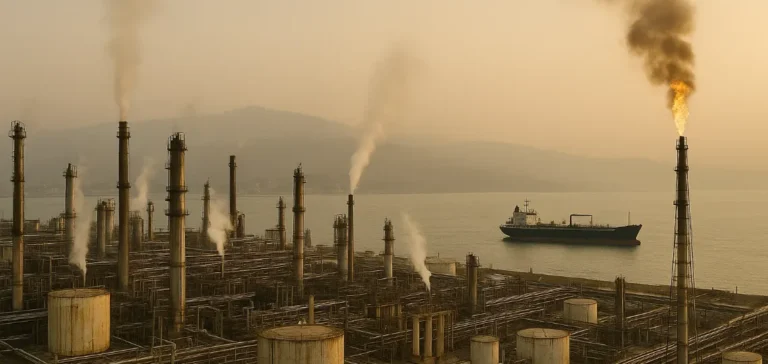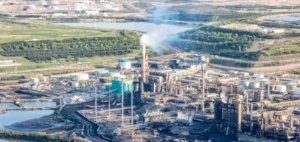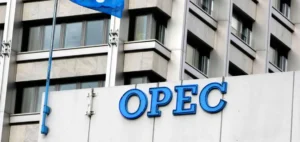Syria has recently resumed exports of refined petroleum products from its main refinery located in Banias, after several months of shutdown caused by the interruption of crude oil supplies from Iran. This return to international activities at the refinery comes after a major reorganization of crude supplies, now partially secured by deliveries from Russia.
Revival facilitated by new partners
The Banias refining facility, theoretically capable of processing up to about 120,000 barrels per day of crude oil, was forced to halt refining operations in late 2024 after Iranian imports stopped. The fall of Bashar al-Assad’s regime immediately triggered the suspension of hydrocarbon shipments from Iran, leading to a major energy crisis in the country.
The gradual resumption of activities at Banias was enabled starting last April thanks to the arrival of new crude oil shipments from Russia. This development coincides with a limited easing phase of international economic sanctions imposed by the European Union and the United States, enabling Syria to restart certain international energy collaborations.
First international shipment confirmed
Syrian authorities have officially announced that an initial cargo of 30,000 metric tonnes of petroleum products recently departed from the Banias refinery destined for foreign markets. This shipment was organized under the authority of the state-owned company Syria Trading Oil Company (Sytrol) and marks an important strategic step in the stated ambition to restore the country’s petroleum industry.
Syria, traditionally a crude oil exporter before the civil war that began in 2011, saw its energy capabilities severely impacted by prolonged internal conflicts. Prior to the conflict, oil exports generated nearly 3 billion dollars per year in revenues, according to historical data provided by the US Energy Information Administration (EIA).
Prioritizing domestic demand
Despite this resumption, sector analysts estimate that refined petroleum products will remain primarily targeted toward the Syrian domestic market. Indeed, even before the conflict, the combined capacities of Banias and Homs refineries were insufficient to fully meet local demand, regularly necessitating additional imports of diesel and liquefied petroleum gas (LPG).
Currently, faced with an energy infrastructure severely damaged by years of conflict, Syrian authorities continue issuing international tenders to urgently import fuel. Recently, a procedure was launched to secure monthly LPG supplies between July and September 2025, thus highlighting the persistent precariousness of the national energy sector.
In this challenging context, the resumption of exports from Banias represents a key indicator of evolving Syrian energy policy, emphasizing the country’s efforts to gradually reintegrate into the international energy market despite numerous technical and political constraints that persist.






















